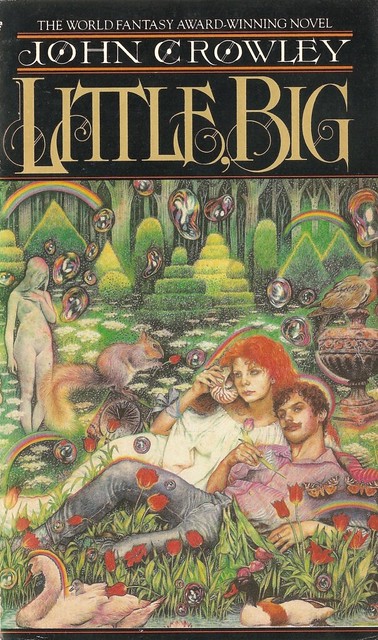How does one write a work of literary fiction? What is literary fiction? Literary fiction is much like regular fiction
except for one key distinction, it’s better, much better, and important. If it
were a drink it would be a fine Vermouth with sweet, nutty undertones.
Thankfully there is a formula; a strict procedure anyone can follow to elevate
their work to literary status!
Step One: It is essential that you don’t start writing too
early. Firstly there are forms to fill out, lots of forms. Earnest Hemingway was famous for his adoration of paperwork. Once notarized,
color-coded, burned, trasmutated, re-notarized, digitized and emailed you are
ready to move on to Step Two.
It is essential in Step Two that you continue to resist the
urge to write; it is still too early in the process! The first step in Step Two is a virginal (gluten free) sacrifice to the current editor of The New
Yorker. Once The Formidable One has
been satiated it is time to adopt the proper attire: a faded tweed jacket,
carefully splotched with ink and coffee for charming effect. Next there are the
affectations befitting of a literary writer; adopt a smoking habit, shaky slender
hands, a twinge of alcoholism, haunted smoky blue eyes, and most crucially an
insatiable yearning for parental approval. At this point you should look the
part, smell the part and feel the part (so empty…). You are now ready for Step Three; Step Three is the final step in the process where you put everything
together!
Step Three: write an acclaimed work of literature.
The distinction between genre
and literary fiction is really a
question of degrees. Genre fiction in the modern sense is a loose collection of
concepts and tropes that we have come to accept as defining elements of a
genre. The various designations of literary or genre fiction effect my
experience of a work in so far as it colors my expectations of it before
reading. However I often find that these expectations melt away as I actually experience
the work. Genre fiction is a category that is created by our expectations; in a
sci-fi novel for example you would expect prominent science fiction elements and maybe even plot
points, based solely on the genre. Conversely literary fiction is defined by either its lack of expected elements, or the
reconfiguration of those elements. Commonly when genre elements are
appropriated within literary fiction, they take on a more ambiguous role. Little Big by John Crowley is an
excellent example of a more subdued approach to genre mixing. Little Big has all the elements of a
fairytale subtly layered in amongst a sprawling narrative framework that takes
on a variety of other subjects. The fantasy is so subtle at times in the story it
could be completely overlooked.
Ultimately the designation of a work as literary is an artifice of categorization, a box designed posthumously
for writing that does not fit cleanly into other pre-existing categories. Perhaps
in times past the Genre Fiction box was seen as too confining
for some writers that sought to create more substantive works. However in
recent times the already blurry distinctions between genre fiction and fiction in general have become even harder to
discern. As all the little boxes fade away, ideally we will be left with one big
box for the only category that really matters, great stories.
